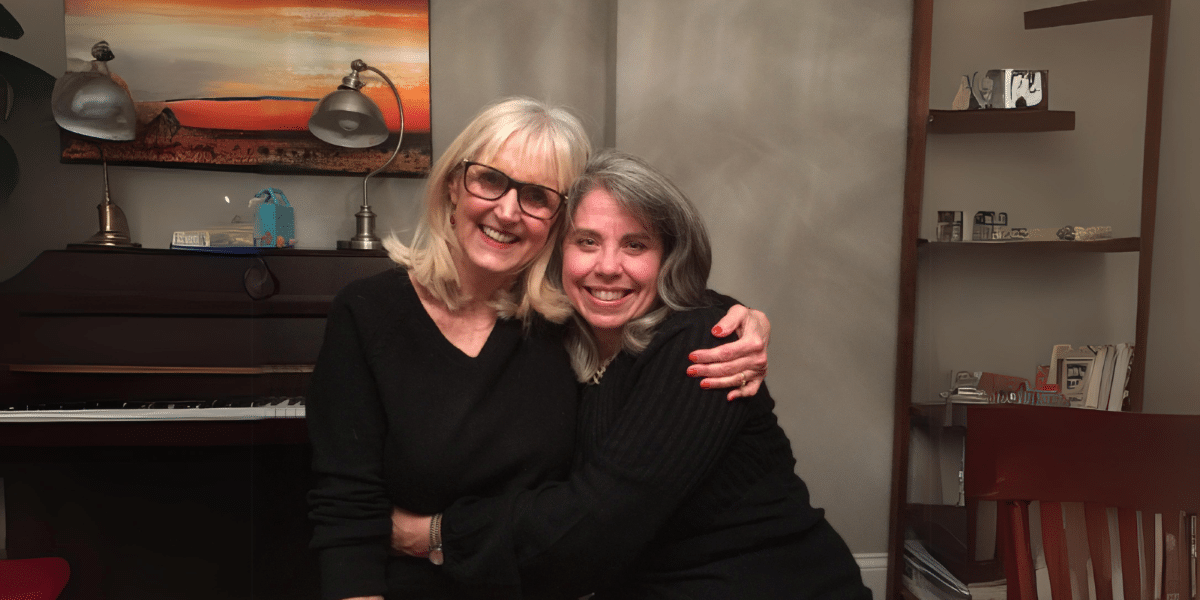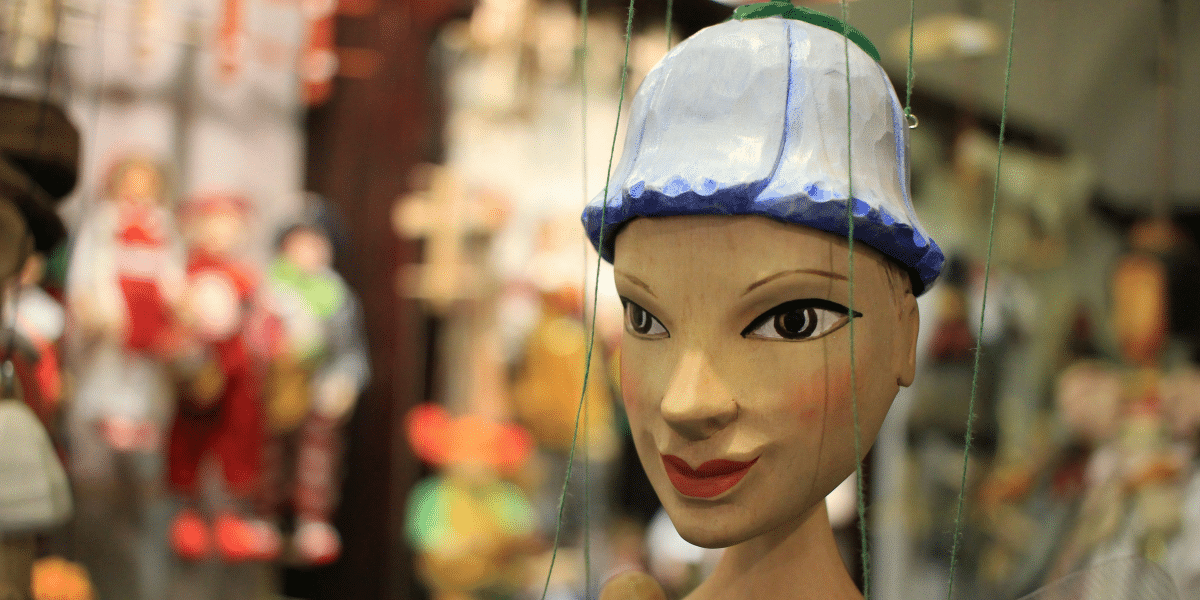From 1920 to 1933, the United States was in the grip of Prohibition, making the production, sale, and transportation of alcohol illegal. However, this didn’t suppress the thirst of many Americans, and cities like Atlanta saw a clandestine world of speakeasies emerge. These hidden bars, disguised behind ordinary storefronts, became hubs of illicit drinking, socializing, and a defiant spirit. Let’s lift the veil on this fascinating chapter of Atlanta’s history.
Behind Hidden Doors: Locating Atlanta’s Speakeasies
Speakeasies weren’t advertised. Their survival depended on secrecy. Finding one meant knowing the right people, passwords, or relying on a stroke of luck. They often occupied basements, backrooms, or repurposed spaces, hidden in plain sight. Some popular Atlanta neighborhoods for speakeasies included Downtown, Sweet Auburn, and Buckhead.
One famed Atlanta speakeasy was the Red Dog Saloon. Disguised as a grocery store, patrons entered through a false wall, finding a vibrant bar scene below. Another was The Bucket of Blood, a notoriously rowdy establishment frequented by hard-drinking politicians and gamblers.
Speakeasies weren’t simply places to drink; they fostered a unique subculture. Jazz music, often considered “devil’s music” by traditionalists, found a home in these establishments, its syncopated rhythms perfectly matching the era’s rebellious spirit.
Fashion took a daring turn, with women embracing flapper dresses and shorter hemlines – a defiance of conservative norms. Cocktails became essential to mask the often-poor quality of bootleg liquor, leading to the birth of now-classic drinks.
The Dangers and Raids
Operating a speakeasy was lucrative but risky. Law enforcement raids were a constant threat, and proprietors developed clever ways to hide or dispose of alcohol. Trap doors, secret compartments, and warning systems allowed them to avoid arrest and protect their clientele.
Despite the precautions, raids were frequent, adding an undercurrent of danger to the thrill of frequenting speakeasies. Newspapers occasionally reported on these busts, describing scenes of hasty escapes, confiscated liquor, and fined or jailed patrons.
Atlanta’s speakeasies embodied the city’s independent spirit and a collective refusal to be entirely dictated to by prohibition laws. While some imbibed purely for pleasure, others saw their visits as acts of defiance against what they considered governmental overreach.
This resistance wasn’t without its critics. Religious figures and temperance groups condemned the speakeasies as hotbeds of vice and immorality. However, their popularity underscored the growing public disillusionment with Prohibition.
Prohibition was repealed in 1933, bringing an end to the underground world of speakeasies. Legitimate bars and liquor stores reopened, and the clandestine thrill of these hidden establishments faded into history.
However, Atlanta’s speakeasy legacy lives on. The era remains a source of fascination and nostalgia, inspiring modern bars that pay homage to the time with hidden entrances, vintage décor, and classic cocktails.
Uncovering Atlanta’s Speakeasy Legacy
While the physical spaces of most Atlanta speakeasies are lost to time, their stories persist. Historical accounts, newspaper archives, and oral histories passed down through generations offer glimpses into a thrilling and rebellious moment in Atlanta’s past.
Exploring the speakeasy era allows us to understand the social and cultural forces shaping Atlanta during a time of radical change. It’s a reminder that even under the strictest laws, the human desire for connection, pleasure, and a dash of defiance will always find a way to thrive.









